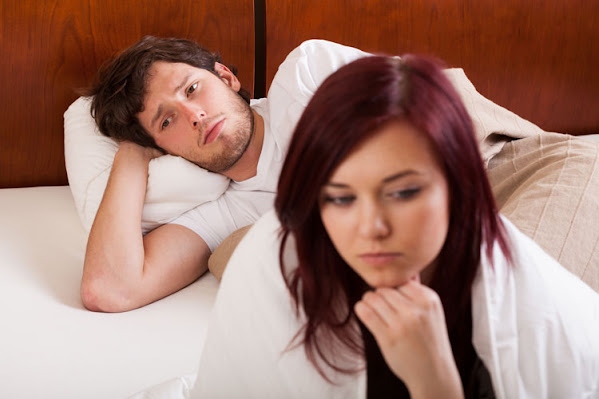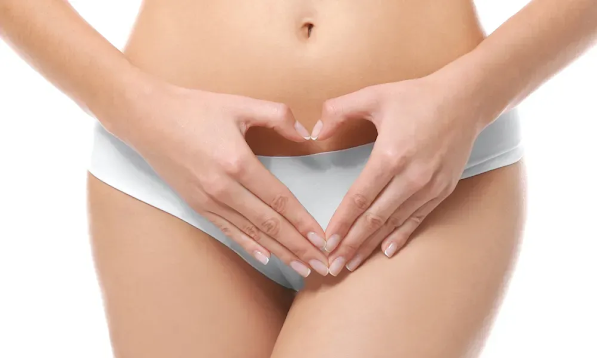Andrology: Lack Of Libido? Explore Modern Therapy Options
Libido, or sexual desire, is an important aspect of human life that affects relationships, mental health, and overall well-being. In men, a decrease in libido can be distressing and may indicate underlying health or psychological issues. Andrology, the branch of medicine focusing on male reproductive health, offers insight into the causes of low libido and provides a variety of modern therapeutic options. Understanding the biological and psychological factors that influence sexual desire is the first step toward effective treatment.
Lifestyle Modification and Nutritional Support:
Lifestyle changes are essential for enhancing Andrology: Lack Of Libido in Dubai (علاج نقص الرغبة الجنسية في دبي) and supporting overall sexual health. Regular physical exercise, a balanced diet rich in vitamins and minerals, and adequate sleep can significantly improve sexual desire. Nutritional supplements, including those with L-arginine, zinc, and maca root, have shown promise in boosting libido naturally. Reducing or eliminating smoking, alcohol, and recreational drugs also plays a critical role. Personalized lifestyle plans, combined with modern therapies, help sustain long-term improvements in sexual function.
Common Causes of Low Libido in Men:
Several factors can contribute to a decline in libido. Hormonal imbalances, particularly low testosterone levels, are among the most common biological causes. Chronic illnesses such as diabetes, cardiovascular disease, and obesity also play a significant role. Psychological factors including stress, anxiety, depression, and relationship issues often exacerbate or trigger low sexual desire. Lifestyle choices such as poor diet, lack of exercise, smoking, and excessive alcohol consumption can further impair libido. Identifying the root cause is crucial for selecting the most appropriate therapy.
Hormone Replacement Therapy (HRT):
One of the primary modern approaches to treating low libido in men is hormone replacement therapy. When testosterone levels are significantly below normal, supplementing with bioidentical testosterone can restore sexual desire, improve mood, increase energy levels, and enhance muscle mass. HRT can be administered through various methods, including gels, patches, injections, or pellets. This therapy requires careful monitoring to optimize results and minimize potential side effects. Advances in hormone therapy have made it safer and more effective than ever before.
Psychosexual Counseling and Therapy:
For many men, psychological factors are key contributors to low libido. Modern therapy options include psychosexual counseling, which addresses emotional, mental, and relational barriers to sexual desire. Therapy sessions help men and their partners communicate openly, reduce performance anxiety, and rebuild intimacy. Cognitive-behavioral therapy (CBT) is particularly effective in managing anxiety and depression that may affect libido. Combining psychological support with medical treatments often yields the best outcomes for restoring a healthy sex life.
Emerging Therapies and Technological Advances:
Cutting-edge treatments are continually being developed to address low libido more effectively. Platelet-rich plasma (PRP) therapy, also known as the "P-Shot," is gaining attention for its potential to rejuvenate penile tissue and improve sexual performance. Low-intensity shockwave therapy stimulates blood flow and tissue repair in the genital area, helping to restore erectile function and libido. Additionally, new pharmacological agents targeting neurochemical pathways involved in sexual desire are under research and may become available in the near future. These emerging options offer hope for men who have not found success with traditional treatments.
Integrative and Holistic Approaches:
Many men benefit from a comprehensive approach that combines medical treatments with holistic methods. Mindfulness techniques, yoga, acupuncture, and stress management strategies can reduce anxiety and improve overall mental health, thereby enhancing libido. Herbal medicine and natural aphrodisiacs are also used by some men as complementary therapies. The integration of multiple modalities recognizes the complex interaction between physical, emotional, and lifestyle factors influencing sexual desire, leading to more personalized and effective care.
Conclusion:
Low libido in men is a multifaceted issue that requires a tailored approach. Modern andrology offers a broad spectrum of therapies—from hormone replacement and psychosexual counseling to lifestyle modifications and innovative treatments. By addressing both the physical and psychological dimensions of sexual desire, men can regain confidence, intimacy, and quality of life. Open communication, ongoing evaluation, and a willingness to explore various treatment options are key to overcoming challenges related to low libido.




Comments
Post a Comment